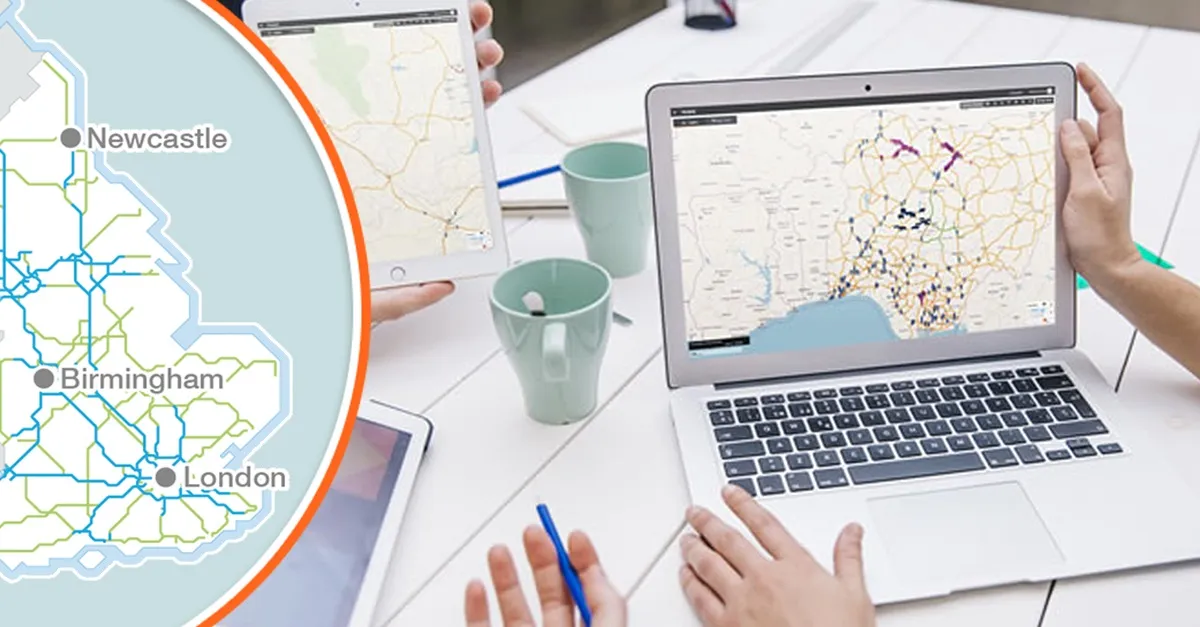With climate change generating increasing challenges for road operators, the UK’s Transport Research Laboratory (TRL) has begun a US$491,000 (€450,000) research project to help European road operators better address the impacts of climate change and reduce greenhouse gas emissions.
Following a successful competitive bid, TRL is leading a consortium of six partners to deliver the two year DeTECToR (Decision-support Tools for Embedding Climate Change Thinking on Roads) project. The project is part of CEDR’
October 27, 2016
Read time: 2 mins
With climate change generating increasing challenges for road operators, the UK’s Transport Research Laboratory (491 TRL) has begun a US$491,000 (€450,000) research project to help European road operators better address the impacts of climate change and reduce greenhouse gas emissions.
Following a successful competitive bid, TRL is leading a consortium of six partners to deliver the two year DeTECToR (Decision-support Tools for Embedding Climate Change Thinking on Roads) project. The project is part of CEDR’s Transnational Road Research Programme, Call 2015 Climate Change: From Desk to Road and is funded by Germany, Netherlands, Ireland, Norway, Sweden and Austria.
DeTECToR will produce practical tools and guidance documents, enabling road operators to better integrate climate change considerations in decision making and procurement. These include a cost-benefit tool that will utilise climate projections and asset information to enable the assessment of the cost-effectiveness of different adaptation actions.
DeTECToR will also produce a self-assessment tool to help embed climate change mitigation and adaptation into procurement. With most transport operators contracting out their maintenance, integrating consideration of carbon reduction and climate change adaptation into procurement process is a vital part of addressing climate change. The DeTECToR tool will help operators to assess their processes and identify areas for action.
A series of pilot studies will be delivered to trial the guidance and tools, including one in the UK conducted by TRL. Road operators will be engaged throughout the project, though surveys, interviews and workshops to ensure the tools and guidance produced meet their needs. The DeTECToR outputs will be an important new resource for road operators helping them to address some of the most challenging issues relating to climate change.
Following a successful competitive bid, TRL is leading a consortium of six partners to deliver the two year DeTECToR (Decision-support Tools for Embedding Climate Change Thinking on Roads) project. The project is part of CEDR’s Transnational Road Research Programme, Call 2015 Climate Change: From Desk to Road and is funded by Germany, Netherlands, Ireland, Norway, Sweden and Austria.
DeTECToR will produce practical tools and guidance documents, enabling road operators to better integrate climate change considerations in decision making and procurement. These include a cost-benefit tool that will utilise climate projections and asset information to enable the assessment of the cost-effectiveness of different adaptation actions.
DeTECToR will also produce a self-assessment tool to help embed climate change mitigation and adaptation into procurement. With most transport operators contracting out their maintenance, integrating consideration of carbon reduction and climate change adaptation into procurement process is a vital part of addressing climate change. The DeTECToR tool will help operators to assess their processes and identify areas for action.
A series of pilot studies will be delivered to trial the guidance and tools, including one in the UK conducted by TRL. Road operators will be engaged throughout the project, though surveys, interviews and workshops to ensure the tools and guidance produced meet their needs. The DeTECToR outputs will be an important new resource for road operators helping them to address some of the most challenging issues relating to climate change.








